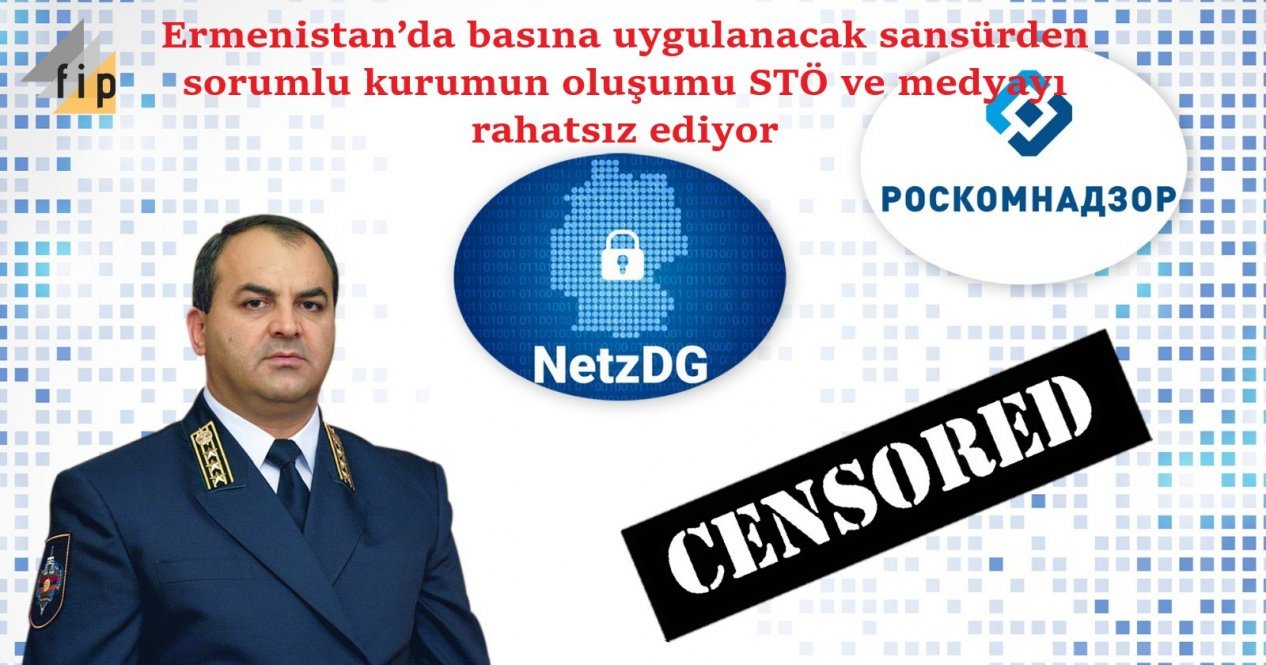
Last June, the Armenian Prosecutor General's Office called on the government and offered to discuss the issue of regulation and state control over the information disseminated on the Internet. In its message, the Prosecutor General's Office noted that in recent years, in the context of active use of the Internet through social networks, the dissemination of information that discriminates on national, religious, gender or other grounds, including drug advertisements, or that contains an open invitation to commit other manifestations of crime has become widespread.
The Prosecutor's Office also pointed out that the examination of national legislation, the security of information disseminated through widely available Internet resources are not regulated by law in Armenia, there are no legal norms, and therefore no body has the authority to control information security and take the resulting measures. "The unhindered dissemination of such information continues, which, in the absence of control, distorts and abuses the democratic principle of freedom of expression," the report says.
Based on the foregoing, Prosecutor General Artur Davtyan sent a letter to the Armenian government, offering to discuss the issue of legal regulation of the security of information disseminated through Internet resources, and on the basis of this, to carry out state control in the field.
Faktyoxla Lab. has investigated how the censorship decision to be taken in Armenia will affect the situation regarding the media, and what the ban might cost in the relations of the media and the government.
During the investigation, it became clear that the majority of society in Armenia thought that in this way the authorities were trying to obtain means to persecute dissidents and restrict freedom of expression. At the same time, human rights activists think that censorship in media and social media will restrict freedom of expression in Armenia.
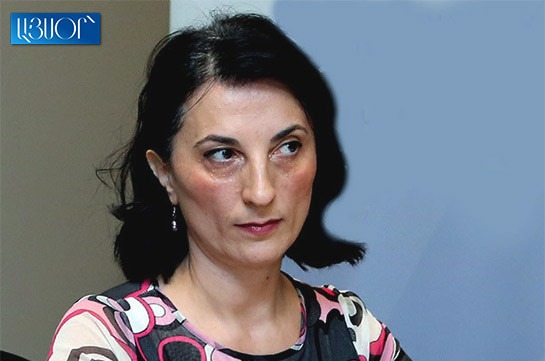
Shushan Doydoyan
Shushan Doydoyan, director of the Armenian Freedom of Information Center, says that the Prosecutor General's Office actually wants to create a similar structure to that of Russia's Roskomnadzor, while officially presenting the German experience only for balance, and believes the authorities intend to create a censorship body that will give broad powers to unreasonable interferences with freedom of expression. According to Doydoyan, it is too late to establish regulatory mechanisms: “Yes, there are challenges and threats to national security. However, the Prosecutor General's initiative does not contain a clear explanation of what exactly and how it will be regulated. That's why it's unacceptable. It would be very different if a mechanism to increase accountability on social networks was proposed to stop hate speech or violent propaganda.”
Doydoyan said that the Office of the Chief Prosecutor should not be involved in the development of mechanisms, as they have neither professional nor technical skills to develop regulations in the field of information. “This proposal could have come from the Ministry of High Technologies. However, since the Prosecutor General appears as the main character in this case, it means that it has the purpose of controlling and regulating the publications on the Internet,” she said.
According to the expert, the political protests have nothing to do with the initiative of the Prosecutor General, because the protests and their extent do not affect the rating of the authorities. “This is a more global mission. The orders to ensure the presence of Russian interests in this way (in Armenia) come from Russia. And because it's an idea, there's also a model for how it should work. Those who will take the first blow will be non-governmental organizations and the unwanted media that will be declared as foreign agents and closed. They want to neutralize any opposition, find an anti-Russian and pro-Western cover and punish them,” says Doydoyan.
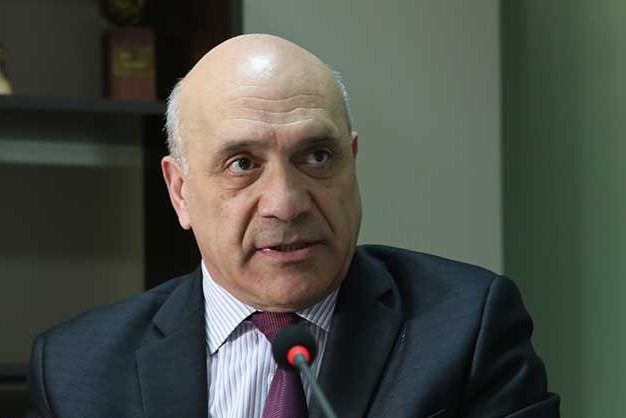
Ashot Melikyan
Human rights activist Ashot Melikyan, chairman of the Committee to Protect Freedom of Expression, also emphasizes that the Chief Public Prosecutor's Office did not say in its statement what problems the current legislation would solve and what norms the supervisory body would propose to solve them. “The mere mention of Roskomnadzor is already causing serious concern. This is the worst example of an attempt to regulate the internet. The creation of such a structure in Armenia is unacceptable.”
In a speech to the press, Melikyan said that Russia is not the country that Armenia should follow as an example in terms of freedom of speech and internet. The chairman of the committee added that the German example is not convincing, either, but that the German institution has stable democratic traditions, including the issue of respect for freedom of speech, compared to the Russian example. “Restrictions in Germany are strictly enforced for their intended purpose, they are introduced to prevent child pornography, drug advertisements and various manifestations of discrimination,” Melikyan said.
“The chairman of the committee pointed out that the current legislation is sufficient to limit trafficking in human beings, child pornography and drugs, especially on the internet. There are enough provisions in the Criminal Code that allow to combat these phenomena,” says the chairman of the committee. Melikyan noted that this demand could be dictated by Russia. “The grounds in the Prosecutor General's report suggest that the initiative could be dictated by Russia [...] We can also recall, in particular, Volynkin's recommendations that foreign-funded NGOs should harm and oppose Armenian-Russian relations.”
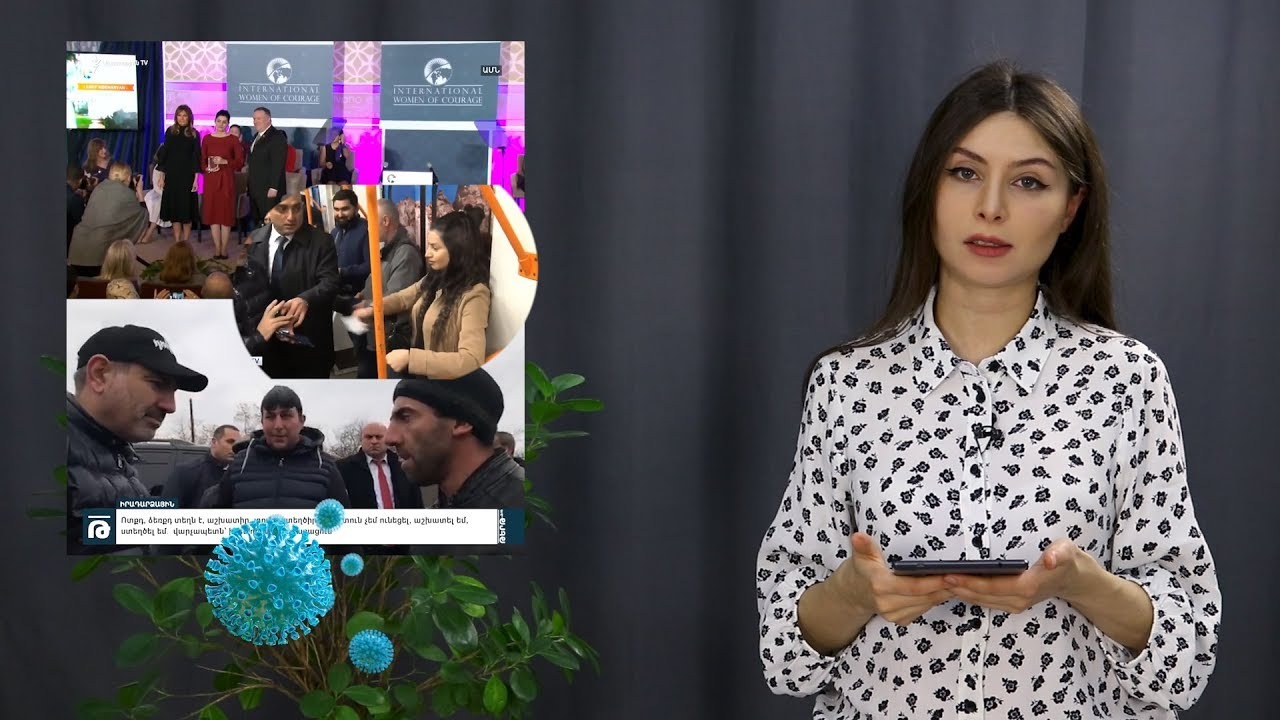
This is while Nina Karapetyants, the head of the Helsinki Association of Armenia, considers it necessary to develop information regulation mechanisms. “Given that Armenia is an official democracy, there is a fear that a structure similar to Roskomnadzor will be created and unwanted sites will be shut down immediately. Such organizations are influential in democratic countries, and in countries like Armenia this will become a means of pressure on the press for officials,” she said.
Media expert Samvel Martirosyan describes the prosecution's initiative as a proposal to censor the Internet, an attempt to “create a censorship ministry.” “If we follow Russia's path, the anti-drug and suicide calls will be banned first by the state. And then one day we will see that what the state really wants to prevent is political activities.
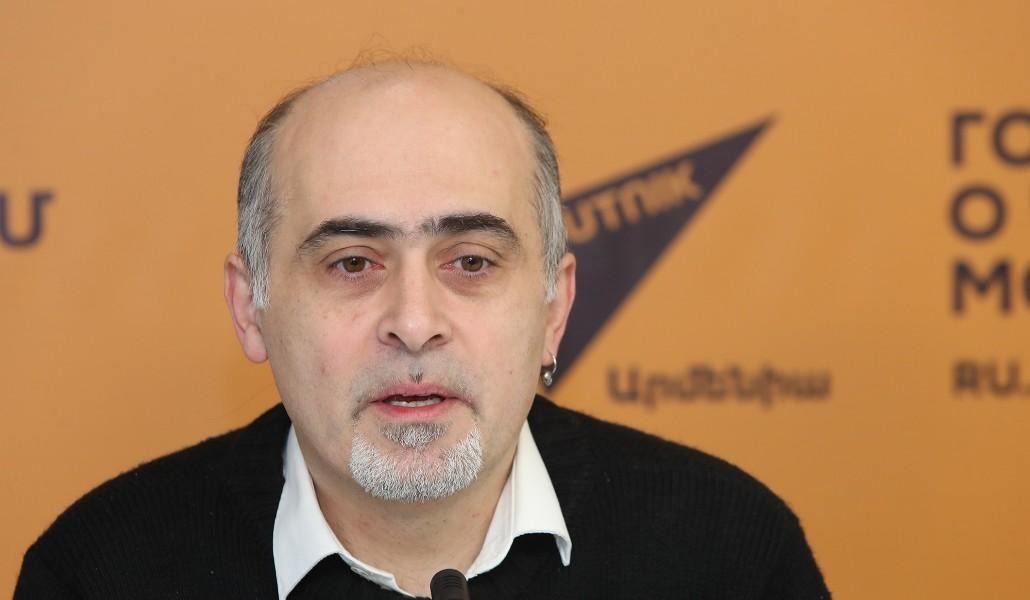
Samvel Martirosyan
Struggling with drugs in this way will not work, but it will be possible to curb political opposition, Samvel Martirosyan said. He added that “websites will be shut down for every unauthorized sneeze” and also touched upon some issues in his article published on the Media.am website: “Under the guise of this fight against windmills, huge sums of money will be wiped out for Armenia. Because if you decide to do a quality job, it means serious costs at the level of internet infrastructure. Not to mention that they will feed the hungry army of censors at the expense of the taxes we pay…”(Source)
As can be seen, the idea of a censorship center put forward by the Office of the Chief Public Prosecutor of Armenia is nothing but a plan prepared by Prime Minister Nikol Pashinyan to silence his opponents. In particular, the defeat experienced in the 44-day War is questioned by Armenians on social media, which naturally disturbs the Armenian authorities. Undoubtedly, the NGOs and media organizations in the country will be most disturbed by the entry into force of such a decision.




















